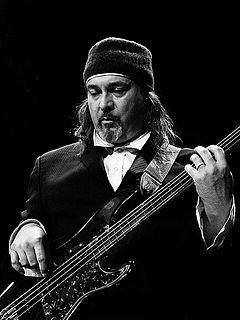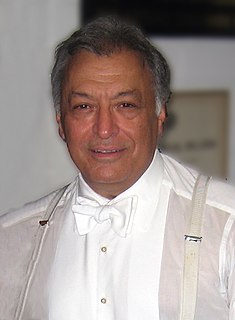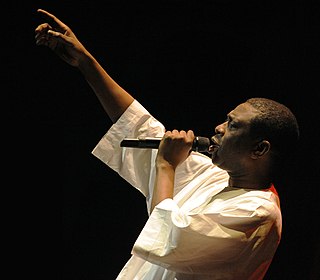A Quote by Andris Nelsons
I'm sure the atmosphere at Tanglewood and the space there and nature - I think it absolutely fits Wagner's music.
Quote Topics
Related Quotes
Ambient means the natural center or atmosphere of a space. All music has that in it- a space or center. I think it just means the atmosphere or what defines the environment of sound and maybe removing the more destructive, harsh elements and harder rhythmic elements and you get down to the stillness that's inherent. There's an ambient quality in every sound. You may have to enhance that to hear it or bring it out in a different way but there is that in every environmental sound.
For me space rock is something that takes you out of yourself and out of your normal realm. And if space happens to be that inner space or outer space it's a very personal thing. I think that mantra is space music. I think that Native American tribal drumming is space music. Anything that allows you to go inward to go outward and to move within a space that is not normal to your reality.
Obviously, it's had a huge effect on repetitive music or dance music or house music. Ambient in the last ten years has infiltrated into all those repetitive musics. I don't know what part it plays in pop necessarily but I'm sure there's some connection. But in all the music that deals with experimental repetition, drum and bass, dub, various kinds of house music, there's always been a quality of atmosphere and ambience. I think it's infiltrated that pretty heavily.
After decades of faithful study, ecologists have begun to fathom hidden likenesses among many interwoven systems. ...a canon of nature's laws, strategies, and principles...
Nature runs on sunlight.
Nature uses only the energy it needs.
Nature fits form to function.
Nature recycles everything.
Nature rewards cooperation.
Nature banks on diversity.
Nature demands local expertise.
Nature curbs excesses from within.
Nature taps the power of limits.
I don't like to put tags on my music. I leave that to others. Seems like some people see me as the founder of "space disco", although that's a bit weird since there were lots of music from the late 70s and early 80s that easily fits into this genre. I can understand why we need genres, but I don't feel comfortable using any on my own music.




































